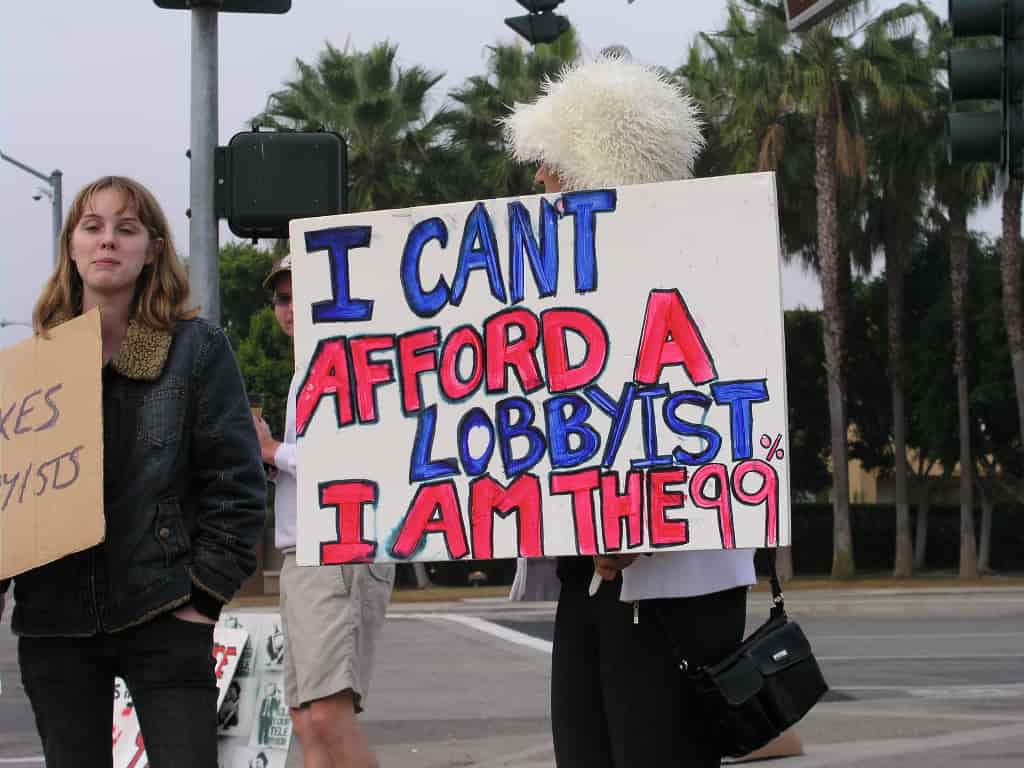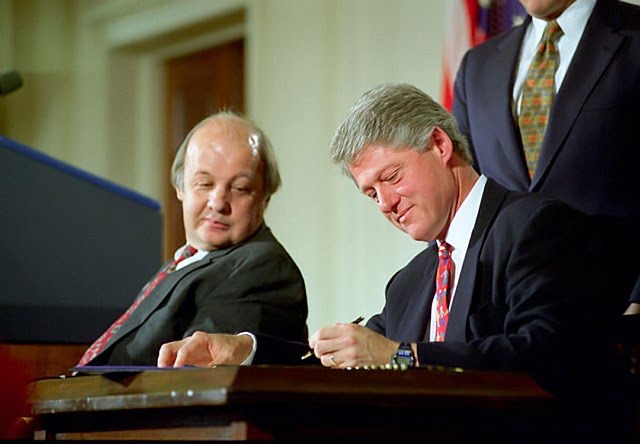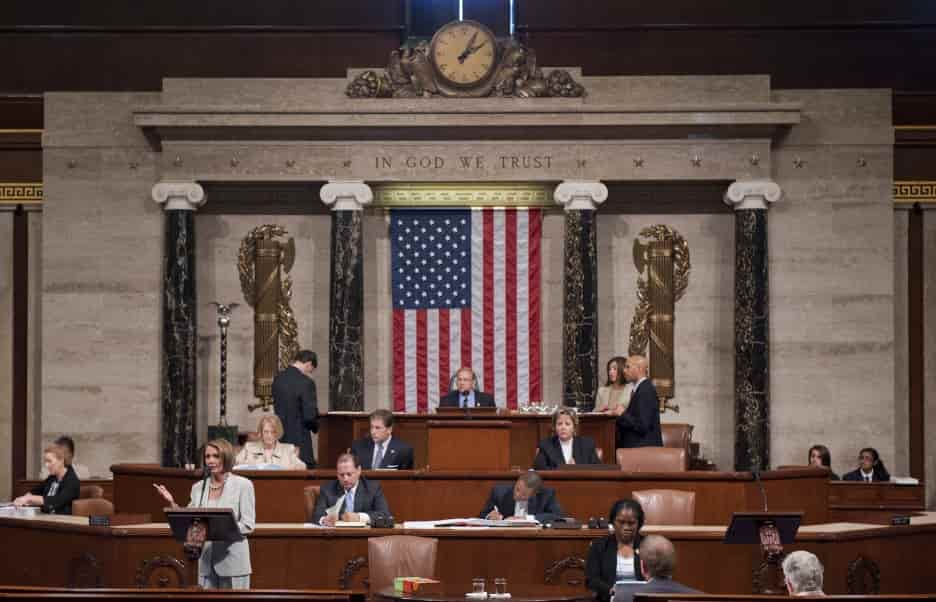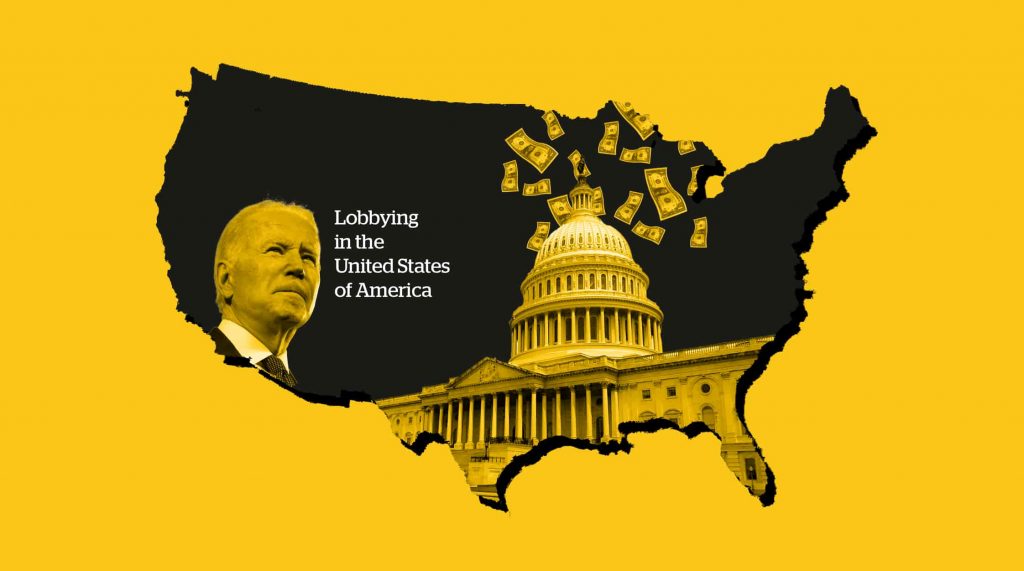What is lobbying and is it bad for our democracy? Here is your guide to lobbying in the United States.
The United States, although a mighty country, has its flaws. One of its flaws is how some lobbying groups hold immensely more significant sway than others, thus unfairly eliciting beneficial results for a minority group. Another such flaw is the restriction of representatives to be solely those who may afford to run. These systemic flaws, among others not mentioned, when compounded together, erode democratic representation and must be viewed as an existential threat.
To fully comprehend the nature of the situation, one must understand lobbying and why it exists. When a legislator and their staff work in Washington, they are removed from the opinions of their constituency. In this capacity, lobbyists speak on behalf of industries, workers’ associations, etcetera, whom the legislator may be charged to represent and to advocate for their interests. In addition, special interest groups call upon such lobbying groups because they have the connections and means of assuring policy outcomes.
Within this article, groups which focus on the general public’s issues, such as wildlife protection, will be referred to as public interest groups. Accordingly, those whose concerns are for industry will be referred to as private interest groups. Aside from merely providing insight into potential viewpoints of constituents, lobbyists also offer legislators expertise and well-crafted research in their respective domains. The flip side is that lobbyists would never do hard work, repetitively organize and attend meetings, and the like, if they did not expect to receive something in return. Interest groups, therefore, employing lobbying groups exchange expertise for impact on policy outcomes.
Lobbying occurs in various ways, such as inside lobbying, which, as the name suggests, may take place in the representative’s professional capacity, like in their office, at a paid-for meal, or at an event thrown by the lobby. Conversely, outside lobbying consists of efforts outside the institutions of power to enact the same results. Examples of outside lobbying include buying think-tanks for preferential findings, the proliferation of advertisements, and mobilizing fake grassroots campaigns to provide public pressure upon elected officials.
Lobbying is an essential part of a healthy democracy.
Legislators must hear from stakeholders that their policies will affect to ensure that they will have the desired outcomes and, a lot of the time, conduct a cost-benefit analysis. In an ideal system, representatives would hear all interest groups equally. Yet, this is not the case for several reasons.
Firstly, legislators only have so much time to devote to receiving interest groups aside from their regular duties. By picking and choosing which group to meet with, sacrifices are made based on whether one group has more financial clout or members than another. Although this is a logical outcome in a market-based economy, its results are not ideal when conducted repeatedly. As the interest groups that win sway with government officials gain further financial or other advantages, they will reassert this inflated affluence to repeat the process. As a result, interest groups deal with a system of exponential returns and experience intense competition, and the system’s product deteriorates.
Secondly, public officials may not meet with particular interest groups, often public, if there are negative social connotations surrounding them or if they already do not have much support amongst colleagues. Much like the previous reason, this behaviour creates an elite of lobbyists who conduct influence.
Because of this, the public’s views are not equitably expressed to legislators in the United States. Necessitating financial prowess or clout is not new to the lobbying system, and because of its fermentation, there are insurmountable barriers to those joining in now. For example, in 2021, the top twenty spenders on lobbying ranged between $12.4 million and $66.4 million in reported efforts. So naturally, public officials will be more inclined to listen to those with millions of dollars allocated solely for lobbying, due to those groups’ expensive resources, like research reports. The official’s view in taking their counsel may stem from believing that a large and influential group must represent an even greater share of the American population.

Unsurprisingly, though, only two of the top twenty spenders on lobbying are not private interest groups. It should be apparent that corporations’ best interests are not consistently in tandem with their employees’. Yet, those most heard by public office holders are from private interest groups. In fact, businesses accounted for 86.90% of lobbying in 2021, while ideological, labour, and others accounted for the rest. This is a broken system where those with money may purchase a seat at the table and ensure that there is less room for others at it.
Inside lobbying is most likely what comes to mind for most people when they consider lobbying; but, as we shall see, this is only the tip of the iceberg. Regarding outside lobbying, where pressure is applied to politicians openly, a phenomenon coined astroturfing took hold in the late twentieth century. Astroturfing is a tactic employed by lobbying groups when inside lobbying just won’t cut it. It is when lobbyists pay and orchestrate “grassroots” protests and rebukes of current or proposed legislation.
An early modern example was in 1993 when the oil industry enlisted a lobbying group to send forty-five people around the United States to make noise against Bill Clinton’s energy tax. These forty-five people did not particularly care about the economic deadweight loss associated with an energy tax and were just following orders. Since then, astroturfing has grown in scale and complexity.

Around now, you, the reader, should be beginning to get the picture that the only limits to private interest groups’ lobbying efforts are what is necessary to enact change. Astroturfing is not just in-person events like the previous example, but also communications campaigns. A notorious and pioneering moment for communications efforts was in 1995 for the Competitive Long Distance Coalition (AT&T, MCI, and Sprint). For over two million dollars, the lobbyist Bob Beckel generated five-hundred thousand telegrams to members of Congress to façade the opposition to a bill that would make the industry more competitive. Unfortunately for Mr. Beckel, it became publicized that as many as half of the telegrams were fake, having used peoples’ names without their knowledge or even dead peoples’. Twenty-seven years later, lobbying groups have upgraded to using social media bots, groups, memes, and other online tools for their astroturfing.
If lobbyists’ sway is not significant enough to get the desired policy outcome, they may also choose to enlist preferential think-tanks. These corporations, coalitions, and sectors fund think tanks to produce findings that benefit their agenda. An example of such a think-tank would be the Citizens for the Right to Know, heavily funded by the pharmaceutical industry. This organization consistently produced data that found that high drug prices were not Big Pharma’s fault but drugstores’. Citizens for the Right to Know’s findings were inaccurate, with unethical research conducted by handpicking sources and misconstruing findings. Privately funded think-tanks remain prevalent throughout the United States. Although researchers would not use this group’s data, those in Congress are eager to.
American politicians are busy people
To understand why a legislator at the state or federal level would choose to base monumental decisions on this data, one must understand the position these individuals are in. American politicians are busy people who, aside from attending copious meetings, never-ending fundraising efforts and voting on/crafting legislation, among other regular tasks, do not have a moment to spare. These professionals spend their time in a closed-off environment, surrounded by staff, advisors, colleagues, and other political professionals.
Any regular person would lose touch with their constituents and everyday Americans by at least a degree. Compound this with the fact that to be able to run for office in the United States, one must have a ludicrous amount of personal wealth; the results are alarming. Aside from the five new Congresspeople in 2018 who are in debt from business, the rest of the freshmen have net worths between $2.8-166.3 million. This group did not, like most would, lose touch with the general American population when they got into office; rather, they were never a part of it considering the U.S. median net worth is only around $120 thousand.
Therefore, when a Congressperson is brought out to the finest restaurant in D.C. with their meal paid for by the lobbyist, who has been sitting and speaking with them for quite some time, they may wrongly take what they have to say as holding more merit. If said lobbyist later conveniently shares with the member a report from a think-tank on an upcoming piece of legislation, perhaps informing them of the group’s association or not, the time-crunched professional will consider it.

Let’s say that doubts remain in the legislator’s mind about whether they should vote for the bill or not. They may refer to the internet, where social media platforms are flooded with the lobbyist’s exact position, or even turn to the lobbyist’s sponsored content masquerading as a news article. Potentially, despite these nudges, the politician is not swayed. That is until, on the way to Congress to vote, they pass by an emboldened crowd of protestors. These individuals hold weight with the Congressperson as the matter must mean so much to necessitate coming out and having their voices heard. In the end, the legislator, believing they are doing the best for Americans, follows through on what the lobbyist suggested. But, as one may have guessed, the same lobbying group orchestrated the protest.
None of these hypothetical efforts would have even hurt a private interest group’s wallet since the result of Congress successfully being lobbied is more money into the group’s pockets. The nature of the lobbying system is somewhat dystopian when considering inside lobbying, astroturfing, biased think-tanks, and inequitable access to decision-makers favouring the wealthy.
Once one comprehends the workings of interest groups as discussed above, a disease affecting the United States ought to be analyzed, and that disease is the revolving door mechanism. If the sheer influential power of private interest groups is ever to be countered, then legislation must be enacted to prohibit such actions. However, a significant hurdle to this solution is that it is common for politicians and government officials to leave the public service after many years of employment and change their behaviour while still in office. These public servants go to lobbying and consulting positions that provide higher pay and better benefits. In exchange for delivering occupations of such attractive quality, the private sector receives several kickbacks. They receive experienced professionals who know the ins and outs of the institutions of power, have a vast network of connections, and if recruited while in office, act as directed, when incentivized. If lobbyists are former public servants, they know more about a typical legislators’ mindset, giving them an upper hand in each interaction. The revolving door poses a barrier to substantial institutional change as many of those in power to make these changes are in the clutches of lobbies. This is not even taking into account the political action committees’ campaign funding in all derivations and its colossal influence on who runs for office and what they do, which may be discussed in a future article.
Despite being a hard ideal to attain, lobbying equity must be strived for, as only by journeying the path to perfection will a better system come to fruition. The United States is plagued by many issues, such as astounding crime rates, systemic racialized discrimination, polarization, and others, yet none of these may be adequately addressed until lobbying is. With lobbying groups ensuring powerful interest groups become increasingly so, and politicians in power remaining exclusively rich, the United States is becoming reminiscent of the bourgeois/bourgeoise divides of the French revolution.




















